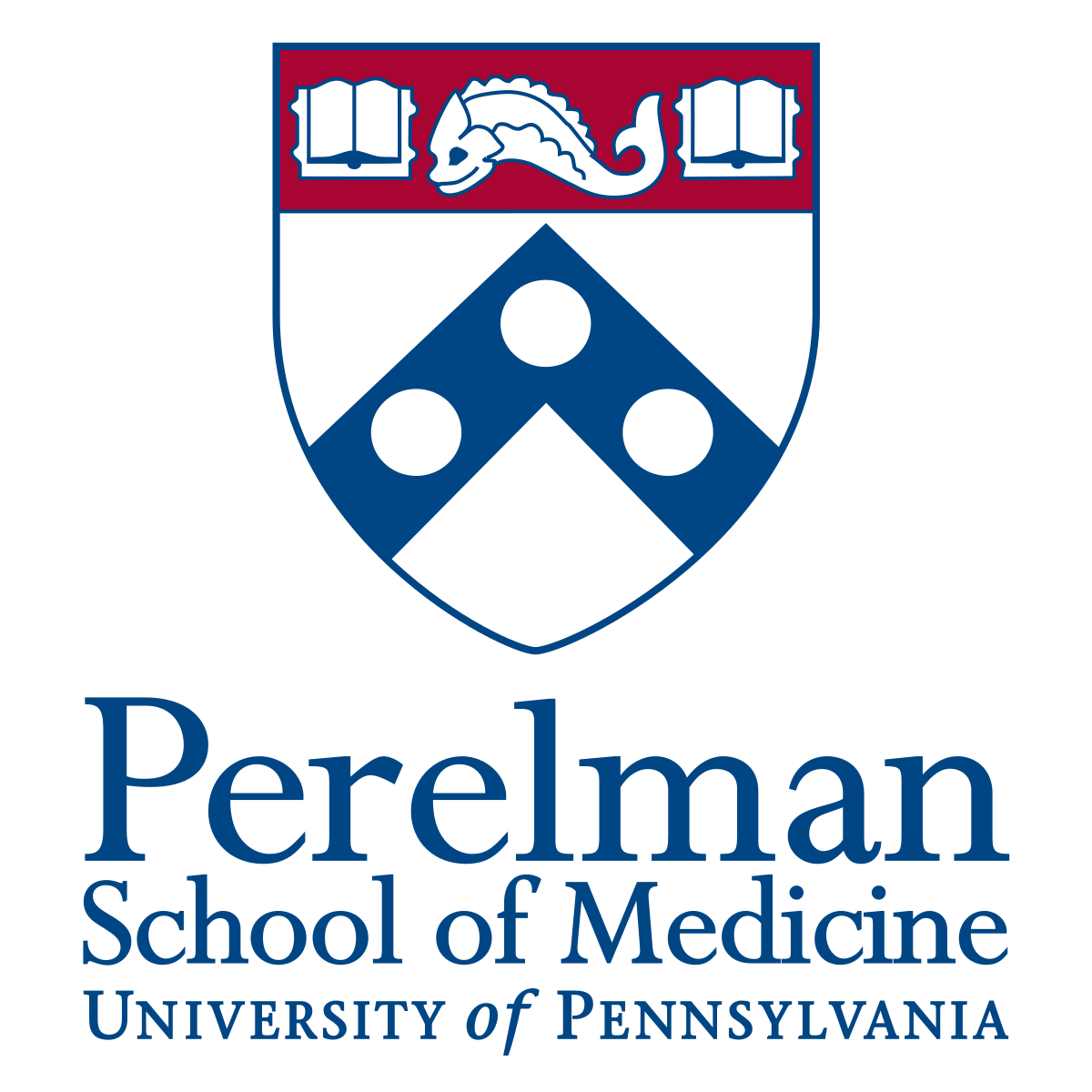Accomplishments

Dr. Daqing Li is a physician scientist and working in the Department of Otorhinolaryngology-Head and Neck Surgery, University of Pennsylvania School of Medicine and Health System as a Professor and Attending Physician. He has been an Otolaryngologist working in the specialty of Otorhinolaryngology-Head and Neck surgery, in the subspecialty of Otology and auditory research, for more than 30 years. His more than three-decade-long clinical and research experience, and professional knowledge, has expanded greatly since his medical school training and clinic practice in China, and Fellowship training in molecular biology, auditory research at Baylor College of Medicine, and skull base surgery at University Hospital of Zurich. The depth and breadth of Dr. Li’s clinical, research, and educational skills have continued to grow and expand as he has worked in major academic institutions. When training and working in Otolaryngology departments at Baylor College of Medicine, Johns Hopkins University, and the University of Pennsylvania, he has been studying hearing loss, gene and molecular therapy, and novel drug delivery approaches for the treatment of the inner ear diseases. Dr. Li’s scientific research in biomedical issues of hearing has appeared in peer-reviewed journals including Hearing Research, PNAS, Journal of Clinical Investigate, J Controlled Release, and Laryngoscope.
Research Activities
As a clinician, Dr. Li knows what is needed for solving difficult ear problems. As a researcher, he appreciates the critical need to engage in research that identifies information that transitions from the bench to the patient bedside. Sensorineural hearing loss (SNHL) is one of the most common sensory deficits in humans, affecting millions of people worldwide. The treatment option for severe to profound SNHL is limited to the use of cochlear implant (CI). Early in his career, Dr. Li led a team that first developed the N-J Cochlear Implant in China. He successfully implanted this device in a patient on October 4, 1986. CIs have revolutionized the care of patients with severe to profound SNHL, providing the only treatment modality for this patient population. However, one major limitation in existing CI devices is the disruption of residual inner ear structures and hearing due to the invasive nature of the implant procedure. The limitations with current CI significantly impact the treatment outcome. He has been long studying how to effectively treat or prevent SNHL since his effort of the development of the CI. As SNHL mainly corresponds to pathology of the cochlea, his research interest is focused on the treatment different inner ear diseases. Cisplatin is the first-line treatment for many types of cancer, but cisplatin-induced ototoxicity results in permanent inner ear damage and SNHL. The high rate of cisplatin-induced ototoxicity can interrupt or alter the use of the chemotherapeutic, or cause a significant decrease in quality of life if treatment persists. Cisplatin-induced ototoxicity represents an important challenge to patient care because of the lack of effective treatment.
Dr. Li has previously developed an effective system for the delivery of therapeutic agents through the round window membrane (RWM) without violating the integrity or function of the inner ear structures in a mouse model, which consists of a chitosan-based hydrogel that can be enzymatically regulated as needed. Based on the novel delivery system, the proposed study is to develop an inner ear nanodialysis detoxification platform for drug-induced ototoxicity that he believes that the proposed inner ear nanodialysissystem,is the first system that serves as a platform for detoxification in cisplatin-induced ototoxicity. If this innovative system proves effective and safe, it will represent a major breakthrough in the prevention and treatment of drug-induced ototoxicity, where a noninvasive inner ear dialysis system for protecting inner ear function is desperately needed.
